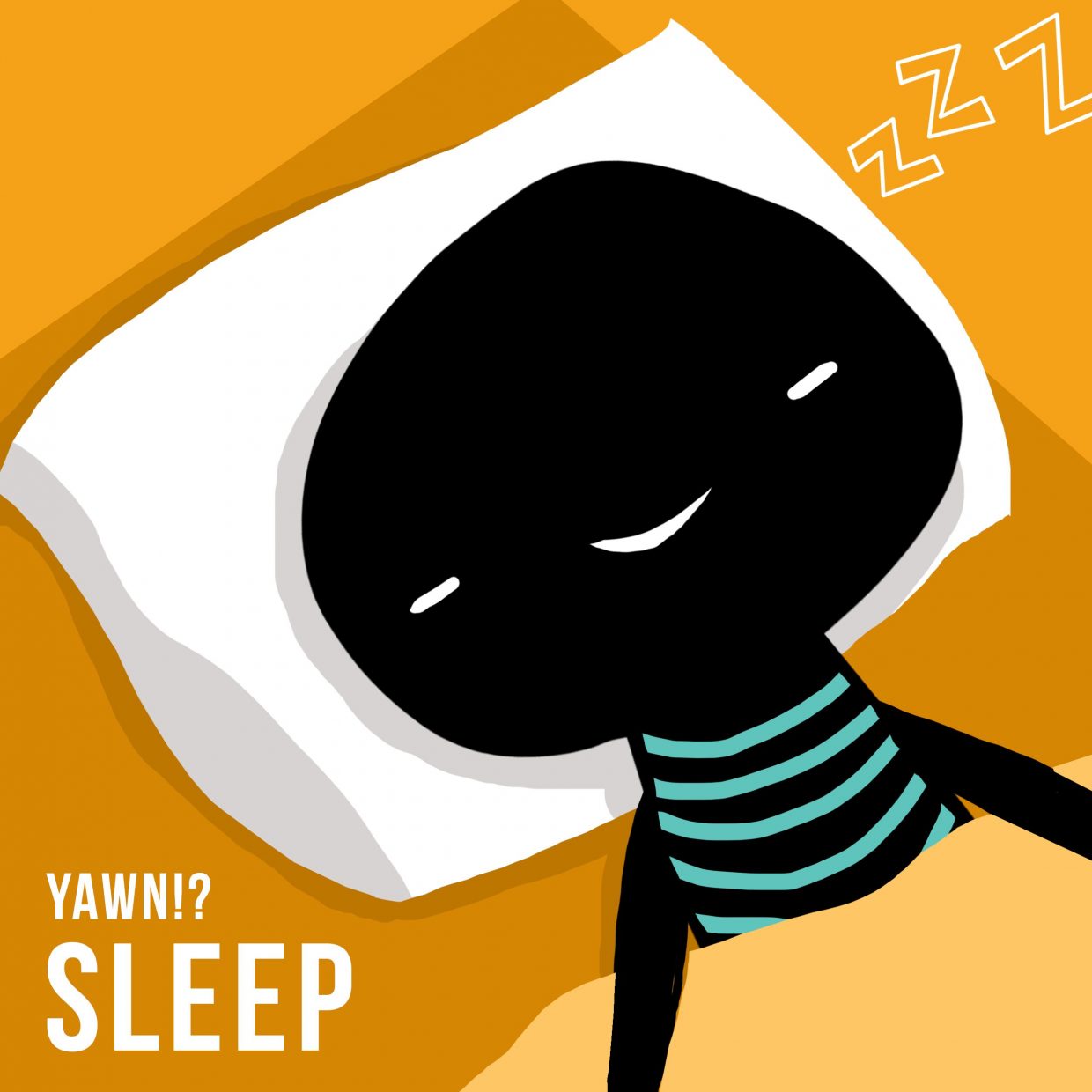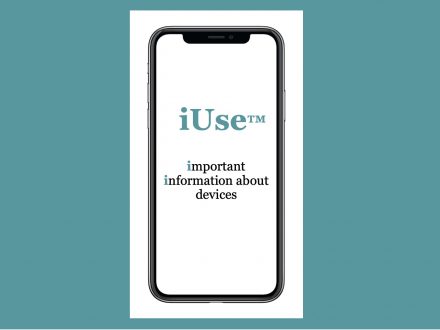Sleep is an amazingly beneficial resource. Prioritizing sleep is a great way to improve your mental and physical well-being.
“Amazing Breakthrough! Scientists have discovered a revolutionary new treatment that makes you live longer. It enhances your memory and makes you more creative. It makes you look more attractive. It keeps you slim and lowers food cravings. It protects you from cancer and dementia. It wards off colds and the flu. It lowers your risk of heart attacks and stroke, not to mention diabetes. You’ll even feel happier, less depressed, and less anxious. Are you interested?” (pg. 107)
The “revolutionary new treatment” Matthew Walker is referencing here is SLEEP (from his 2017 book Why We Sleep: Unlocking the Power of Sleep and Dreams.) Although some of the extraordinary claims Dr. Walker makes in his book can be debated, the overall importance of sleep for our health and well-being simply cannot be denied and is backed by a long history of robust research. Sleep is, indeed, one our most health-promoting resources.
Yet, many of us routinely fail to prioritize and protect our sleep time. Our worries, our demanding culture and our technology are big competitors for our sleep hours and we often blithely comply with their demands. For example, Netflix’s biggest competitor, according to CEO Reed Hastings is “sleep” and as a result Netflix has implemented features to win the competition. That is why shows on Netflix queue up with a count down notice indicating that the next show will automatically start in several seconds. Those notices hook your brain’s anticipatory circuitry, leading you to keep watching instead of sleeping. Due to screen-based features like this one, many of us routinely help companies such as Netflix make money by giving them two of our most precious resources – our attention and our sleep time.
Just what can you do to counter such measures? A lot actually, but the first step is to develop and practice the skill of regulating your attention and your emotions. Regulation is one of the 5Rs we identify as foundations for effective parenting in the Digital World. It is important for sleep as well. When you become better at regulating your attention and your emotion you will sleep better — when you sleep better, you can regulate your emotions and attention better – it is a mutually beneficial relationship. Most of our blog posts will address one or more of the various ways to develop these skills. For now, it’s enough to understand that regulation is critically important to both your sleep and your overall health and well-being.
To begin protecting your sleep, here are a couple of action steps to help you make sleep a priority (more suggestions with more detail will follow in future posts):
- Have ongoing family conversations about the many benefits of sleep and your intention to make healthy sleep habits a family priority.
- Institute a consistent bedtime routine that intentionally transitions from active brain to sleeping brain.
- Keep your phone and computer out of your bedroom at night when you are sleeping. If this is not possible, at least keep them turned off and/or on a surface that you cannot reach from your bed. The mere presence of a phone on the bedside table has been shown to reduce the amount and quality of sleep.
- When worried thoughts drift in, remind yourself that you can tackle those issues tomorrow. Then place your attention on three things about which you are confident and/or three things for which you are grateful.
Let us know how it goes in the comment section below!
For information about sleep and it benefits appropriate for middle school and high school students click here: https://yourselfseries.com/topic/sleep/
(For an NPR podcast with the author Matthew Walker click the following link https://www.npr.org/sections/health-shots/2017/10/16/558058812/sleep-scientist-warns-against-walking-through-life-in-an-underslept-state.
Leave a Reply











